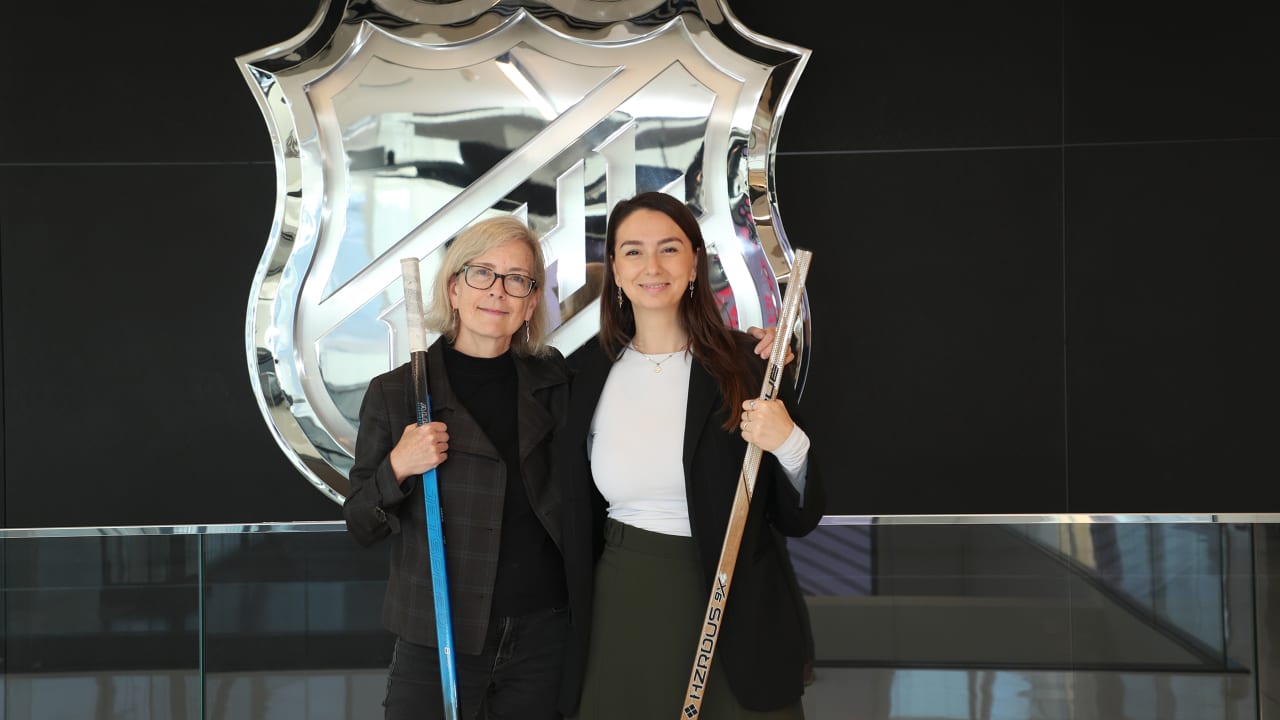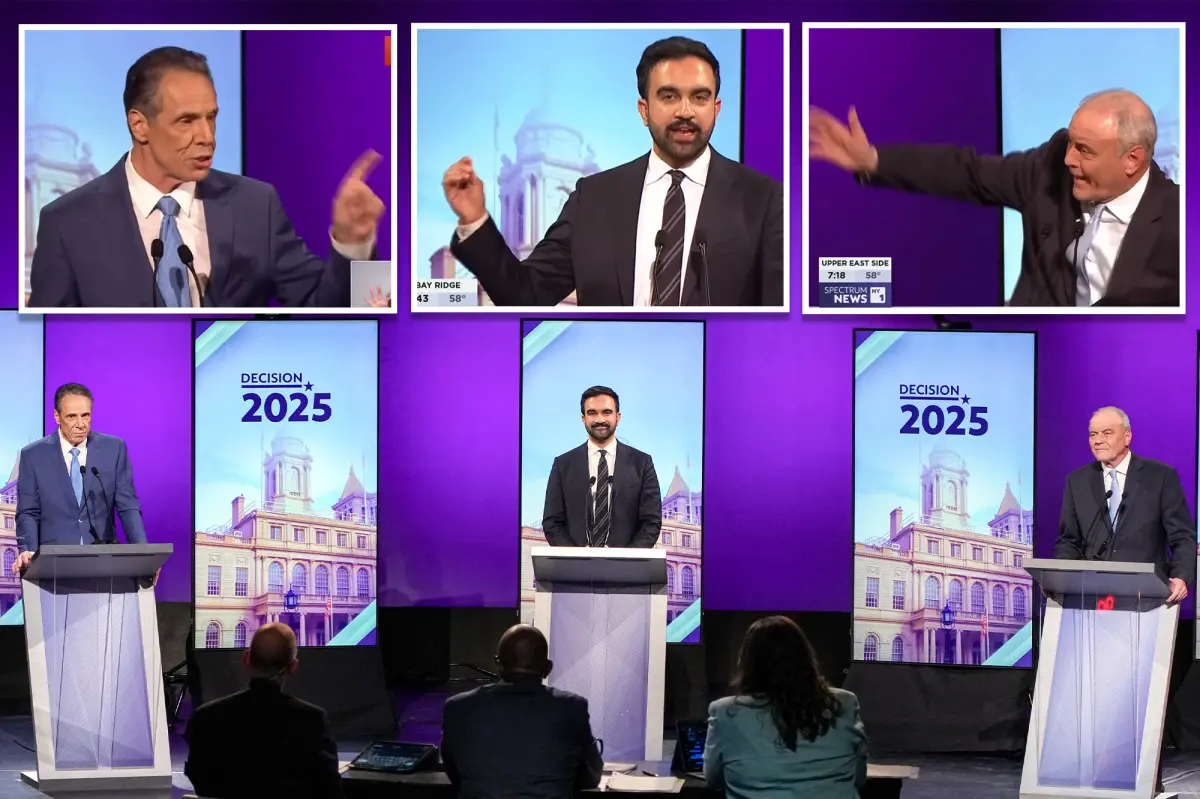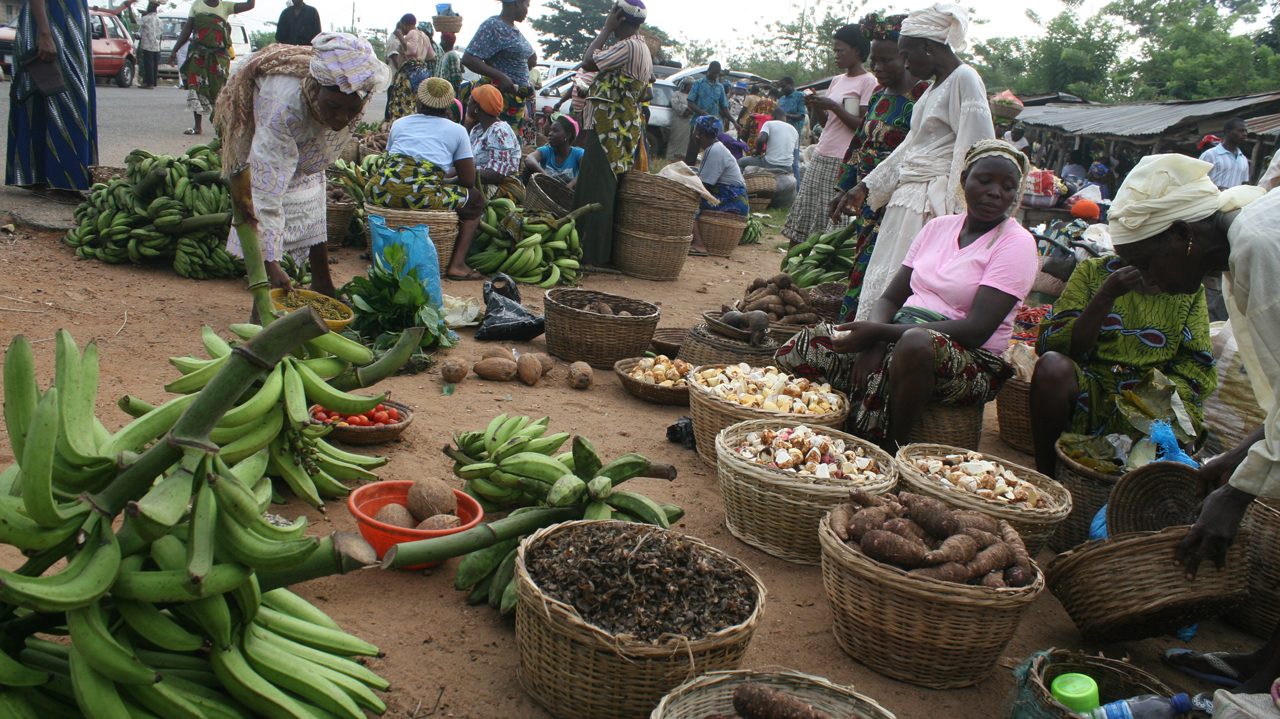Copyright NHL.com

Bardha Uka is from Pristina, the capital city of Kosovo, and at age 33 is the NHL delegate for the 2025 U.S. Department of State Global Sports Mentoring Program, working at the League's New York City headquarters from Oct. 6-24. The NHL concluded its 12th year of empowering 13 different women from abroad in collaboration with the U.S. State Department, espnW and the University of Tennessee. Every delegate chosen and mentored is unique. Uka's story is one of a former competitive swimmer and co-founder of DemSport (Democracy Through Sport), a nonprofit, non-governmental organization (NGO) advocating for equal access to sport through community-based programs and gender-sensitive policies. Following her time in New York with the NHL, Uka is attending the espnW: Women + Sports Summit in Ojai, California, and then will present her action plan during the GSMP closing week in Washington, DC. A priority is gender equality in governance of Kosovo's 37 international sports federations, non-governmental organizations recognized by the International Olympic Committee, but an area where women are underrepresented. This is important for Kosovo, which will host the Mediterranean Games Pristina 2030, from July 24 to Aug. 4, 2030. "It's the biggest international event we have as a country," Uka said. Pristina will hold the 21st event since the inaugural Mediterranean Games Alexandria (Egypt) 1951. To Kosovo, a landlocked country and the smallest in the Balkans, the 2030 Mediterranean Games goes beyond its borders. One-quarter of the population is under age 15, 23.4 percent between the ages of 15 and 29, and 20.0 percent ages 30 to 44, according to Britannica.com. Returning home, Uka has been energized by the GSMP experience, with a desire to be a guardian angel undeniable. "I want to go back [and] work with women to empower them," she said. "I know not all women in Kosovo will have the opportunity to come here and be part of an NHL team and be part of the family, but I am their door. I know I will use it." There's a limited hockey presence in Kosovo, so Uka had to study the game and research her mentor, Susan Cohig. Uka is a certified trainer in human rights education through the Council of Europe and has worked with educators, sports professionals and youth leaders in Kosovo and throughout Europe. Cohig, NHL executive vice president of club business affairs, is in her 29th year at the League. She was named the 2020 Woman of the Year by WISE (Women in Sports & Entertainment), and early in her career was part of the management team responsible for the relocation of the Quebec Nordiques to Denver and becoming the Colorado Avalanche in 1995. The connection between Uka and Cohig and the NHL mentoring team was instantaneous. "When we met initially, met Bardha for our first virtual meeting, we thought, 'This woman is going to be amazing,' and we couldn't wait to meet her in person and to collaborate on the things that she wants to be able to do and go back to Kosovo and accomplish," Cohig said. "To be identified and considered for the program, and then ultimately selected, every delegate is exceptional." Uka's childhood was shaped by a nation rebuilding after the 16-month Kosovo War (1998-99), following a long history of occupation by Serbia, and culminating in Kosovo's declaration of independence Feb. 17, 2008. Ambitions of a career in swimming were dissolved when she was hospitalized at the age of 12 because of food poisoning while in a professional camp, bullied by her coach and sexually objectified by a physical education teacher. She left the sport but refused to quit. A fire was ignited. There was no way, literally and metaphorically, any child in Kosovo would, as she put it, swim with rats or frogs. It was time for her childlike voice to roar like a lion. "If I had to drop out of swimming because the circumstances were like that back at the time, it doesn't mean that I have to keep my mouth shut and just accept the reality as it is," Uka said. "When I realized that I have a voice, I then also realized that being in swimming but not having a voice to scream that this is a negative experience … I do want to fix the situation. This is not just a job that I do 8-4. This is something that I actually believe and it's something that has touched me personally." Personal trauma became a rallying cry, with Uka using her voice. Her country is getting a platform to be recognized for its youthful spirit. She's bringing that narrative home. "We don't want people to just see us as a post-war country," she said. "We want people to come and visit us for the sport, for the (five) Olympic medals, for the great food that we have and as part of the culture."



